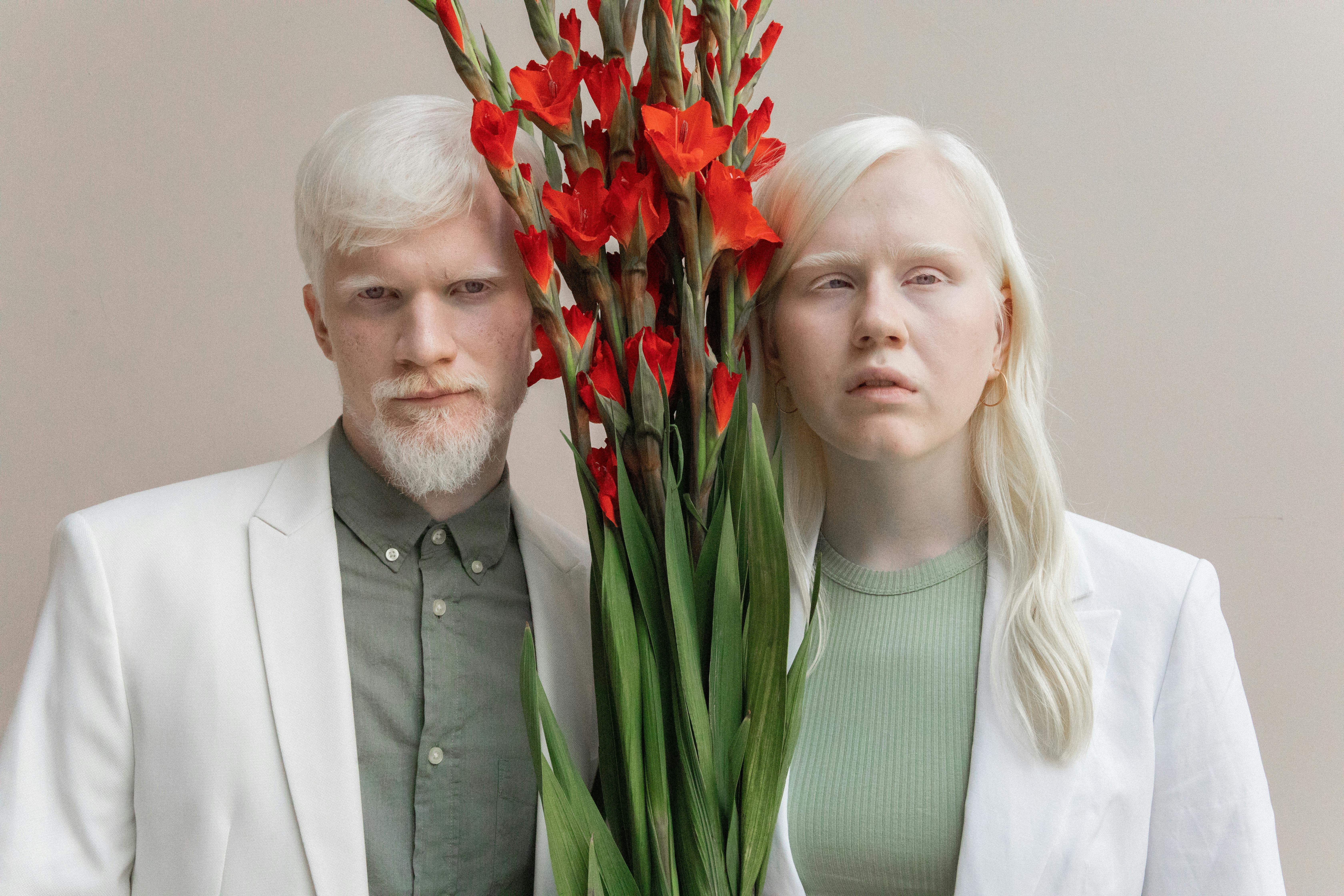
The meaning of life is not vain
admin
- 0
“Then I looked again at the vanity under the sun.” Ecc 4:7
Solomon spent much of his life in contemplation. He was trying to figure out his life. He was trying to understand it. He undertook the arduous task of boiling life and all of its components down to a cohesive conclusion: what is the meaning of life?
Every time Solomon thought he was getting close, he realized again that the mystical, ethereal answer eluded him. Desperate, after countless attempts to summarize it, his life conclusion collapsed into a hopeless epitaph: “Vanity of vanities! Everything is vanity.” Eccl 1:2
One thing is for sure: Solomon did not live in impossible dreams. He was what we might call a “realist.” And there are those who would say that he was a pessimist, a man who had a dark view of things. No matter how one views his perspective on life, there is one significant fact that should not be ignored, and it is this: Solomon had every reason to be happy, perhaps more than anyone who ever lived.
It is indisputable that he had riches beyond imagination. She had world power (I Kings 4:21). He had massive influence (I Kings 4:34). And he had wisdom (I Kings 4:30). How is it possible that someone so endowed with everything desirable has taken such a desperate view of life?
I’ll tell you how. Because Solomon had experienced the “ultimate” (achieved the highest possible level of everything people all over the world desire), God uniquely positioned him to offer the general, all-encompassing truth:
No amount of money, position, pleasure, or power can bring a person one step closer to satisfaction.
In chapter 2 of Ecclesiastes, Solomon told us about the mission he embarked on to find happiness and contentment. He didn’t hold back anything. He explored everything humanity has used and is using today to find that imaginary gem at the end of the fantastic rainbow.
I was chasing him with wine (drug bodily stimulation). He built buildings and parks and gardens (accomplishment and achievement). He had slaves and servants and workers under him, in his service (internal power and influence). He large herds of cattle and gold and silver (wealth). Treasures of kings and provinces (global power and influence). Singers and a harem of women (entertainment and pleasure). Wisdom and discretion (intellectual achievement).
Missed something? I do not think. What Solomon pursued is essentially what everyone on the planet pursues, day in and day out, every day, until the end of their lives.
And what did you find? ANY. Nothing but vanity.
“So I beheld all the works that my hands had done and the work that I had done, and behold, all was vanity and sorrow after the wind, and profitless under the sun.” Ecc 2:11
Pretty dark, huh? Yes, maybe, but Solomon was only saying what was true. People may not want to openly confess that there is no lasting meaning in what they do throughout the year. They can even fake happiness and contentment. But that doesn’t make it real.
Truly, people have been experiencing what Solomon experienced from the ends of history until this very morning. Nothing has changed.
It means so much more coming from a man who had it all intellectually, physically, situationally, mentally. If someone who has reached the epitome of life says that everything is meaningless and empty… we better tune in.
The great writer of Ecclesiastes left us with some serious things to think about. He beckoned us not to waste our time searching fruitlessly for things that have never brought and never can bring happiness. Instead, this weathered old man, having experienced all the world could give him, arrived here at the final and conclusive truth with these words:
“The conclusion, when everything has been heard, is: fear God and keep his commandments, because this applies to everyone. Because God will bring to judgment all works, all that is hidden, be it good or bad.” Eccl 12:13,14

